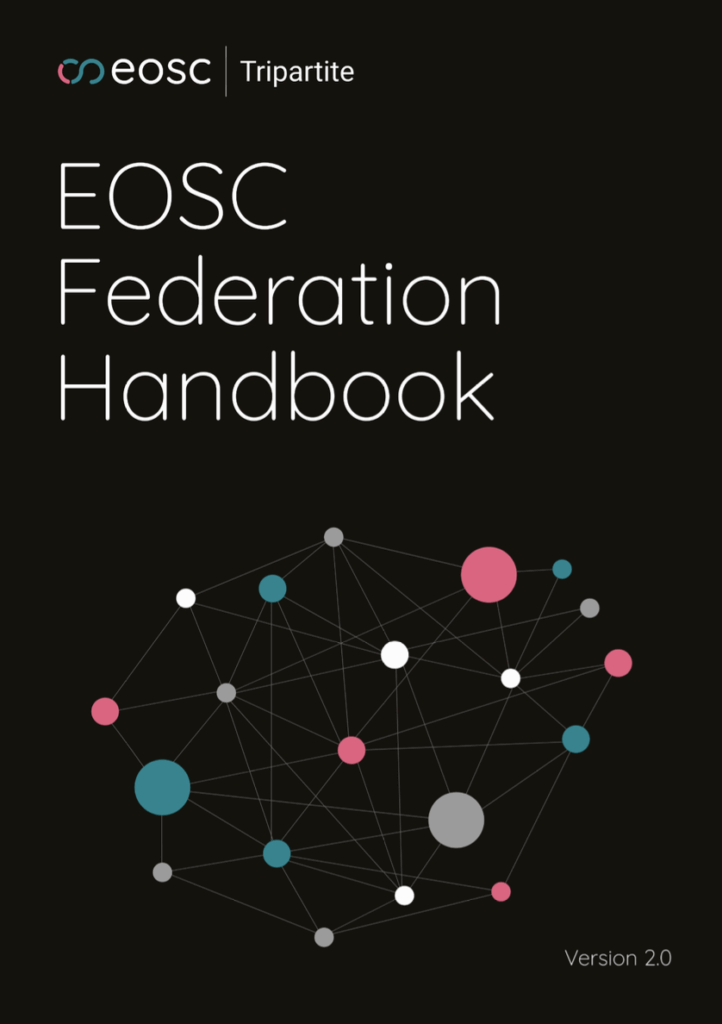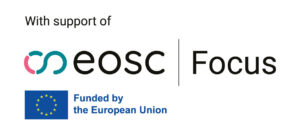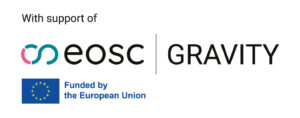
The EOSC Federation Handbook provides an overview of the organisational and operational structure, and technical characteristics, of the EOSC Federation.
The Handbook aims to serve as a practical guide for organisations that are interested in making their resources available within and across the EOSC Federation. Such organisations can achieve this objective by creating and operating an “EOSC Node”, and “enroling” it as part of the EOSC Federation, and/or by “onboarding” their resources in one or more EOSC Nodes operated by other organisations.
The Tripartite Group, which has the remit within the EOSC Partnership’s Tripartite Governance to steer the community development of the EOSC Federation, endorsed EOSC-A to lead the community-wide co-creation of the EOSC Federation Handbook.
The decisions taken by the EOSC Tripartite Governance on the EOSC Federation are reflected in the Handbook, which through a process of iteration will serve as the living reference document for the operation of the EOSC Federation.
The EOSC Federation Handbook is written collaboratively with open consultations, meetings, events and sprints. Its intended users include primarily facility managers, policy makers and technical staff of research-performing and funding organisations, Research Infrastructures, providers of scientific services and other resources, and e-Infrastructures.
The first edition of the EOSC Federation Handbook was published on 27 March 2025 and the second edition on 30 January 2026.
EOSC Federation Handbook table of contents
Chapter 1 lays the foundations on which the rest of the Handbook is built. It includes the purpose of the EOSC Federation, its primary users, its main advantages and expected outcomes and success criteria.
Chapter 2 concerns the governance framework and legal structure. It describes the governance structure in its current state, communication and relations with other initiatives, and how to manage possible risks. Chapter 2 identifies governance roles for the Federation as well as for candidate Nodes.
Chapter 3 defines and describes the operational structure of the EOSC Federation. The requirements to become an EOSC Node, technical or otherwise, are outlined here.
Chapter 4 details the architecture of an EOSC Node, how services can be set up and interlinked, and specifically the requirements for federated capabilities and relationships with the EOSC EU Node.
Chapter 5 contains a description of the different categories of FAIR data and scientific resources that can be made available through the EOSC Federation.
Chapter 6 describes the process of enrolling an EOSC Node and onboarding a service in an existing EOSC Node.
If you wish to provide feedback on the Handbook, please email handbook@eosc.eu.
Contributors
Second edition (January 2026)
Handbook sub-group
Spiros Athanasiou
EU Node
Abdulrahman Azab
EUDAT
Mauro Campanella
ICSC
Natalia Galica
Poland
Jose Benito Gonzalez Lopez
CERN
Andy Götz
PaNOSC
Maarten Hoogerwerf
SURF
Pasquale Pagano
Digital Twin of the Ocean
Jessica Parland-von Essen
Finland
Alessandro Rizzo
Data Terra
Diego Scardaci
EOSC Beyond
Silvia Sofianos
Slovakia
Mark van de Sanden
GÉANT
Jonathan Tedds
Life Sciences Connect
Andreas Türk
BBMRI
Wilma Wolf
NFDI
First edition (March 2025)
Andy Götz
EOSC Association
Bob Jones (co-editor)
EOSC Association
Mark Dietrich (co-editor)
EGI Foundation
Miguel Rey Mazón (co-editor)
TU Graz
Handbook development and events
2026
- February 2026
Handbook version 2.0 is released - January 2026
New draft version presented at EOSC Winter School
2025
- October 2025
Updated edition integrating feedback from first wave of EOSC Candidate Nodes - March 2025
-Public release of first edition
-New draft integrating feedback from Winter School and Tripartite - January 2025
Full draft presented at EOSC Winter School
2024
- Tripartite Events and Tripartite Group meetings preparing for the post-2027 governance of the EOSC Federation
- Milestones in the deployment of the EOSC EU Node
- December 2024
Full draft presented to Tripartite Government and reviewers - 21-23 October 2024
The EOSC Symposium 2024 in Berlin, where progress on the EOSC Federation Handbook will be presented - October 2024
Community consultation on draft chapters (1-3) and chapter outlines (4-6) of the Handbook - 05 July 2024
Discussion of preliminary draft at EOSC Partnership Board meeting #6 - June 2024
Writing of the draft EOSC Federation Handbook starts - 27-28 May 2024
The 8th General Assembly of the EOSC Association will include consultation sessions with the membership on the preliminary draft


